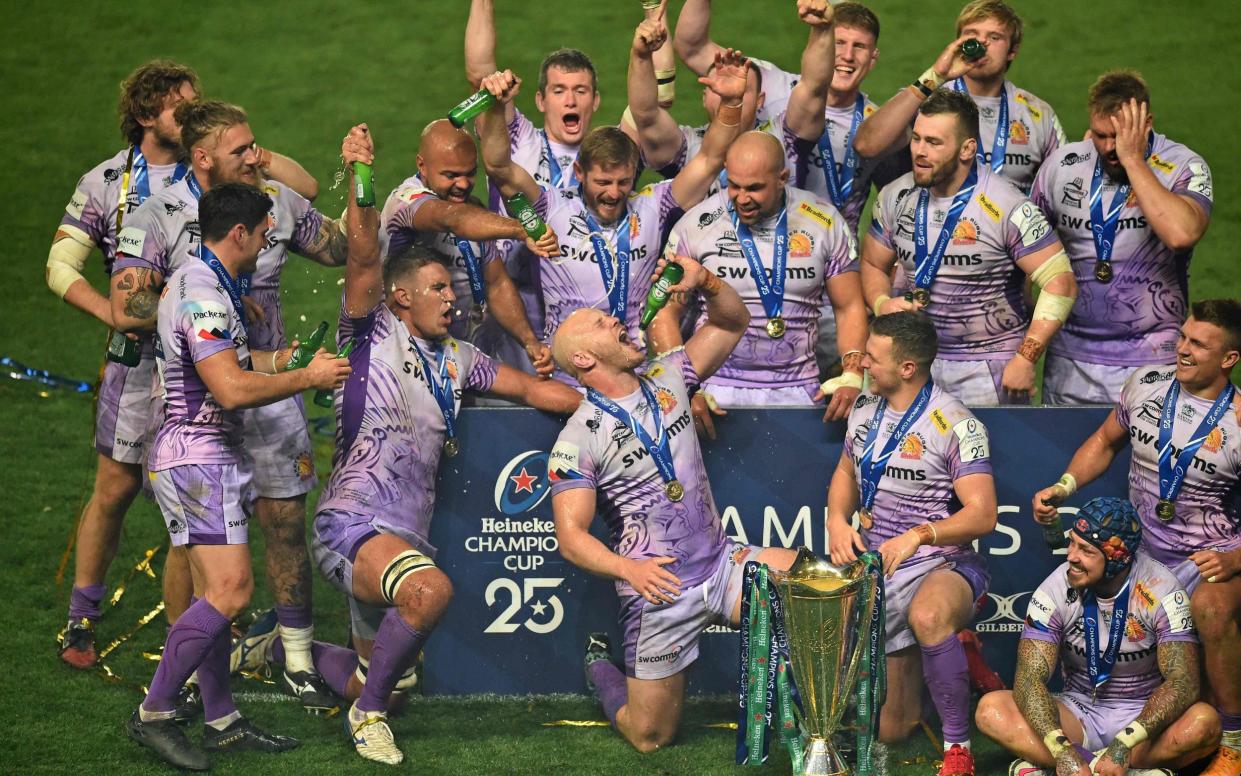Rugby’s ‘let’s all have a beer’ ethos can be destructive – but it is no surprise

The hotel had been well and truly trashed. Beds shoved out of windows, tables and chairs smashed to pieces while every fire extinguisher had been let off creating a minor flood in the lobby.
Who was the source of this carnage? Not Guns N’ Roses but at least a dozen members of the 1974 Lions party. When the irate and sodden hotel manager confronted Willie John McBride, informing him that the police had been called, the legendary Lions captain sardonically replied: “And tell me, these police of yours. Will there be many of them?”
No doubt it has been slightly embellished through its years of retelling at after-dinner speeches, but this remains one of the most celebrated episodes of the most celebrated of all tours. Hence it feels hypocritical to be overly po-faced over Billy Vunipola’s arrest in Majorca in the early hours of Sunday morning.
Perhaps with the exception of darts, no sport has such a symbiotic relationship with alcohol as rugby union does. Commercially, Guinness sponsors the men’s and women’s Six Nations, Heineken sponsors the Champions Cup, Asahi is one of the title sponsors of the men’s World Cup. At every Premiership ground, it is impossible to escape beer advertisements. At grass-roots level, the bar takings keep many amateur clubs afloat.
The relationship runs deeper still. The old adage of you knock seven bells out of each other on the pitch for 80 minutes and then have a beer in the clubhouse afterwards is as ingrained in the sport’s consciousness as any codified law.
And of course it is perfectly possible for a team to have a few beers together without a member of the team being tasered by the Spanish police. Post-season tours are where legends are made among grass-roots clubs and the team-bonding element of sharing a pint is recognised by professional coaches. Vunipola’s Saracens team-mate Alex Goode’s three-day bender following the 2019 Champions Cup final has achieved near mythic status.
Yet should it be any surprise when this marriage of a sport and a depressant drug should produce problematic side effects? Vunipola is hardly an isolated example of a player failing to control himself while intoxicated. Another Saracen, Kapeli Pifeleti, was convicted of assaulting a law graduate on a night out last year. England hooker Luke Cowan-Dickie was allegedly put in a drunk tank during a visit to Montpellier, who later cancelled his transfer 12 months ago. Danny Cipriani, who was previously run over by a bus on a night out, was arrested for resisting arrest at a Jersey nightclub. There are dozens of other examples.
The ‘let’s all have a beer’ ethos can quickly become pernicious. When at Bath, Gavin Henson had told his team-mates that he was not going to drink on a team night out but was bullied into joining in. He then lost control and ended up being knocked out by team-mate Carl Fearns. There are numerous horror stories of initiations at university rugby clubs which get out of hand.
Perhaps the saddest element of Vunipola’s personal circumstances was that he was teetotal until he was 25. As younger generations become more abstinent, rugby as a sport must realise that its association with alcohol will be off-putting to many, a point made by Ugo Monye to Telegraph Sport two years ago.
The backlash to this piece suggested that every clubhouse beer pump was going to be replaced by a sparkling water filter, when Monye had just dared to venture that maybe celebrating laddishness wasn’t compatible with the desire to be a sport for all. No one is going to start confiscating pints at Twickenham, not least because that would put a serious dent in the Rugby Football Union’s financial projections.
Does rugby have a drinking problem? Just as much as football has a gambling problem in that it is enmeshed in its economic and cultural fabric. Much like in society at large, most people can drink and gamble responsibly but it is inevitable that flirting with addictive pastimes can seriously spiral.
Hence when cases like Ivan Toney come along in football or Vunipola in rugby it should not come as a great shock. Both figures deserve pity rather than piety.

 Yahoo News
Yahoo News 
